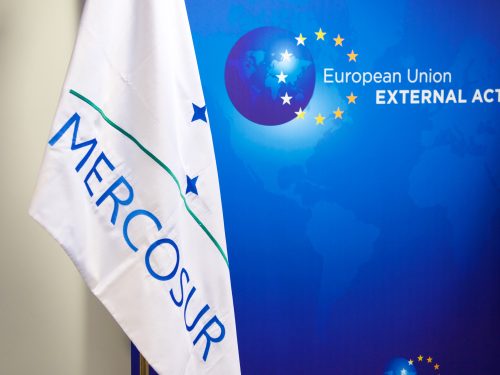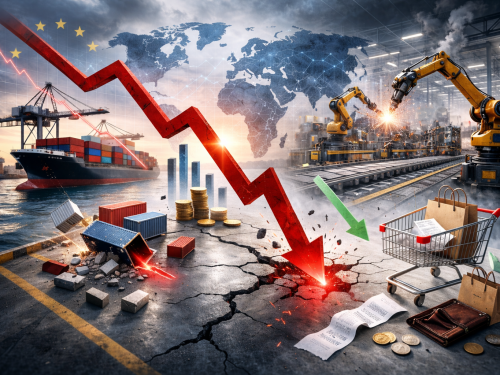News
Share on
The first leg of the Artificial Intelligence road show, organised with Anitec-Assinform, kicked off with record registrations. "We were aware of the interest among companies, but the number of registrations went even beyond expectations". Thus Giovanni Baroni, Vice President of Confindustria and President Piccola Industria Confindustria, to Sole 24 Ore talking about the first meeting on AI in Verona, the starting point of a series of appointments that will continue for two years, in all regions of Italy. The initiative brings together Piccola Industria Confindustria and Anitec-Assinform.
"Our small and medium-sized enterprises have strengthened in recent years, they have grown. But Italy is still a country with a strong SME majority. Investing in artificial intelligence is a way to increase productivity and system efficiency. Investment in software,' Baroni said, 'is not financially demanding, but algorithms can enable a great leap forward in the competitiveness of companies, bridging the gap that can arise from small size.
The numbers in Italy are still low according to Anitec-Assinform. In our country, the artificial intelligence market reached approximately 422 million euros (+21.9%) in 2022 and is expected to reach 700 million between 2022 and 2025, with an average annual growth rate of 22 per cent. Despite this increase, the Italian market is lower than that of other more industrialised countries. Among Italian companies, only 6.2% use artificial intelligence systems, against an EU average of 8%. The percentage drops among SMEs, 5.3%, while it grows to 24.3% among large ones. According to the president of Piccola Industria, 'large companies are further ahead, but in the small ones there is a very high potential: artificial intelligence can be applied in every industrial reality, regardless of size. These are technologies with affordable costs for SMEs, which do not have to be developed in-house but can be purchased'. For Baroni, it is above all a matter of spreading greater awareness among companies: 'it is a matter of industrial culture, which must be adapted to the times, to a competition different from the past, in which the adoption of new technologies has a decisive weight.
The first stage, also organised in cooperation with Confindustria Veneto, Confindustria Verona, and the Digital Innovation Hubs, has precisely this function: 'Confindustria's commitment is to identify the most cutting-edge topics, where there are opportunities for growth, to inform companies, and to support them in their development path,' Baroni explained.
And on Industry 4.0, the president of Piccola Industria pointed out that 'Confindustria had asked for the measure to be strengthened, precisely because it is a functional tool for the digital transition. For Italy it is a very important chance, which can transform companies and push GDP'. For Giovanni Baroni, it is necessary to invest in innovation and also in training: 'this technological change,' he noted, 'will require new skills, new training, and will open up new investment opportunities in various economic areas. But I do not see the danger of job losses because opportunities for new highly specialised professional figures will be created at the same time. We must work to get them and reduce the difficulties in matching supply and demand that, unfortunately, we have been witnessing for some time now'.




